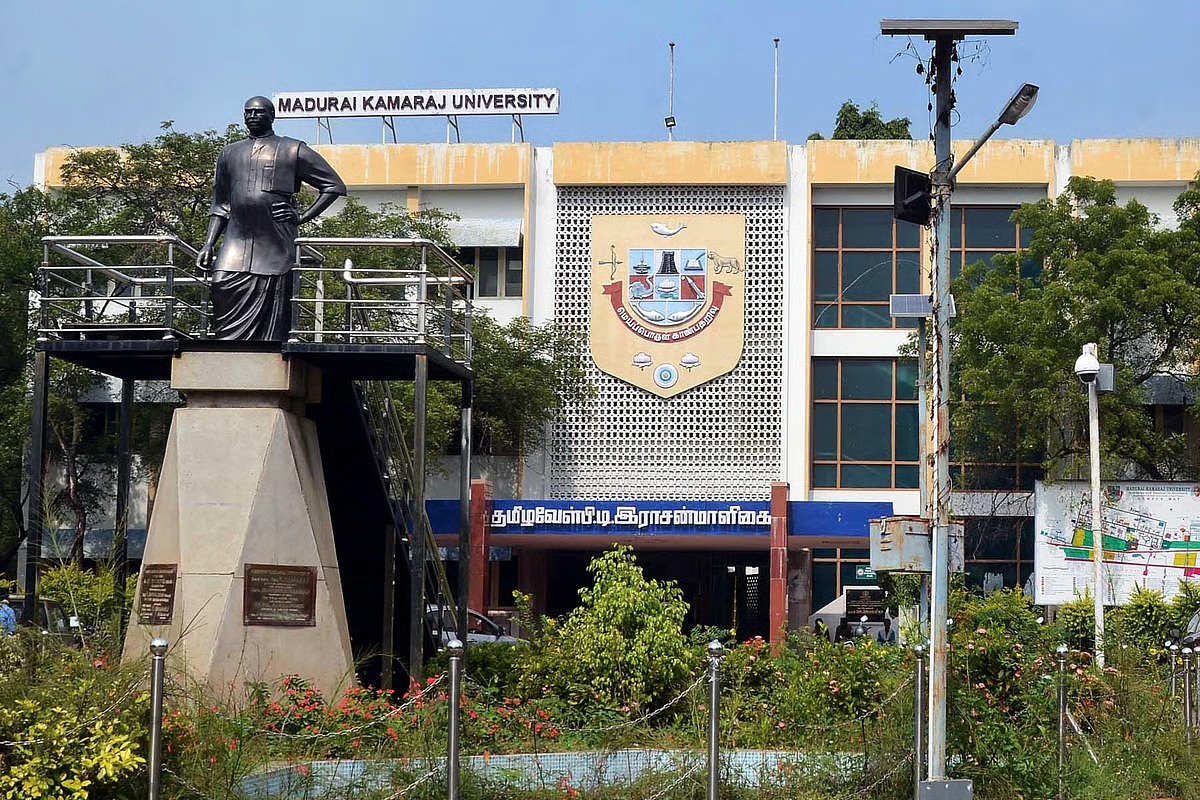Norman Macleod, Kt., C.J.@mdashThe plaintiffs sued to enforce their right of pre-emption in respect of the plaint house which is situated in Ahmedabad. An issue was raised whether the custom entitling a neighbour to pre-empt which was set up in the plaint was proved. The learned Judge found that it had been proved and passed a decree for pre-emption. The learned Judge has referred to a number of decisions both of this Court and of the Courts at Ahmedabad, the earliest case being that of Umbaram v. Raghoonath (1823) 2 Borr. 402. With regard to all these decisions it may be remarked generally that it does not seem to have been ever disputed that the custom did not exist. The cases seem all to have been heard and decided on the basis that the custom did exist, the only dispute between the parties being as to whether on the facts of each case there was a right to pre-empt, and whether the proper ceremonies had teen performed. Such being the case, as we have no evidence on the record adduced by the appellant to the contrary, it seems clear that for very many years it has been accepted as a fact in Ahmedabad that amongst Hindus a custom of pre-emption exists, and it is impossible for us on the evidence in this case, or-rather in the absence of any evidence to the contrary, to hold that the appellant is right in his contention that there is no such custom. Therefore the appeal fails. The decree of the lower Court must be upheld with costs.
Motilal Dayabhai Vs Harilal Maganlal
Bench: Division Bench
Judgement Snapshot
Case Number
First Appeal No. 112 of 1918
Hon'ble Bench
Norman Macleod, J; Heaton, J
Judgement Text
Translate:

